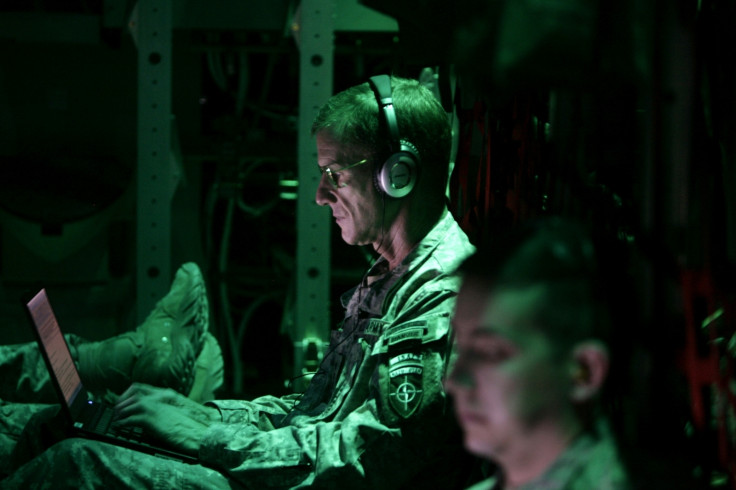Internet of Battlefield Things: US Army wants smart weapons, IoT-powered armour, vehicles, and more
The IoBT REIGN project will create a network of existing devices and connect them to enable a smarter, goal-driven system.

The University of Illinois at Urbana-Champaign will lead a programme funded by the Army Research Lab (ARL) and work on bringing Internet of Things (IoT) technologies to the US Army. This project is estimated to be worth $25m (£18.85m) and will involve six universities and a California-based independent research centre for a duration of five years.
This initiative is officially known as the Alliance for IoBT (Internet of Battlefield Things) Research on Evolving Intelligent Goal-driven Networks, or IoBT REIGN.
The programme, however, will not concentrate around developing new hardware, but make use of existing devices and connect them to one network that will work intelligently, reports the Chicago Tribune.
Existing devices will need to be interconnected to form a seamless network that will, in turn, keep soldiers safe.
"The goal of this programme is the development of new intellectual foundations and new knowledge," said Tarek Abdelzaher, a professor heading the research. He explained the main goal of the project was to, "empower the US Army to have a higher competitive advantage in a world where adversaries are becoming increasingly technologically sophisticated". So the team will not exactly be working on a tactical version of the Amazon Echo, he added.
Abdelzaher also said the US Army's soldiers are dealing with sensors, cameras, and other such data recording technology in their vehicles, weapons, armour, as well as other wearables. There are also several algorithms that work on this collected data, he said.
"We want to configure them (algorithms), to bring them together to create one of the millions of possible tools that can best accomplish the right mission," he added.
"This project will also concentrate on enabling the machines to come up with solutions for presented problems and will not have a human operator micromanaging what it does.
"I want to tell (the machines) my intent, and then I want them to have the sort of intelligence, autonomy and initiative to figure out how to meet my intent."
There are also a few security concerns that were raised. The report mentioned Peter Singer, a senior fellow at a technology think tank New America, who said that while there are definite advantages to having IoBT tech in the Army, the more devices get connected to a network, the bigger the target it becomes for cyberattacks.
© Copyright IBTimes 2024. All rights reserved.





